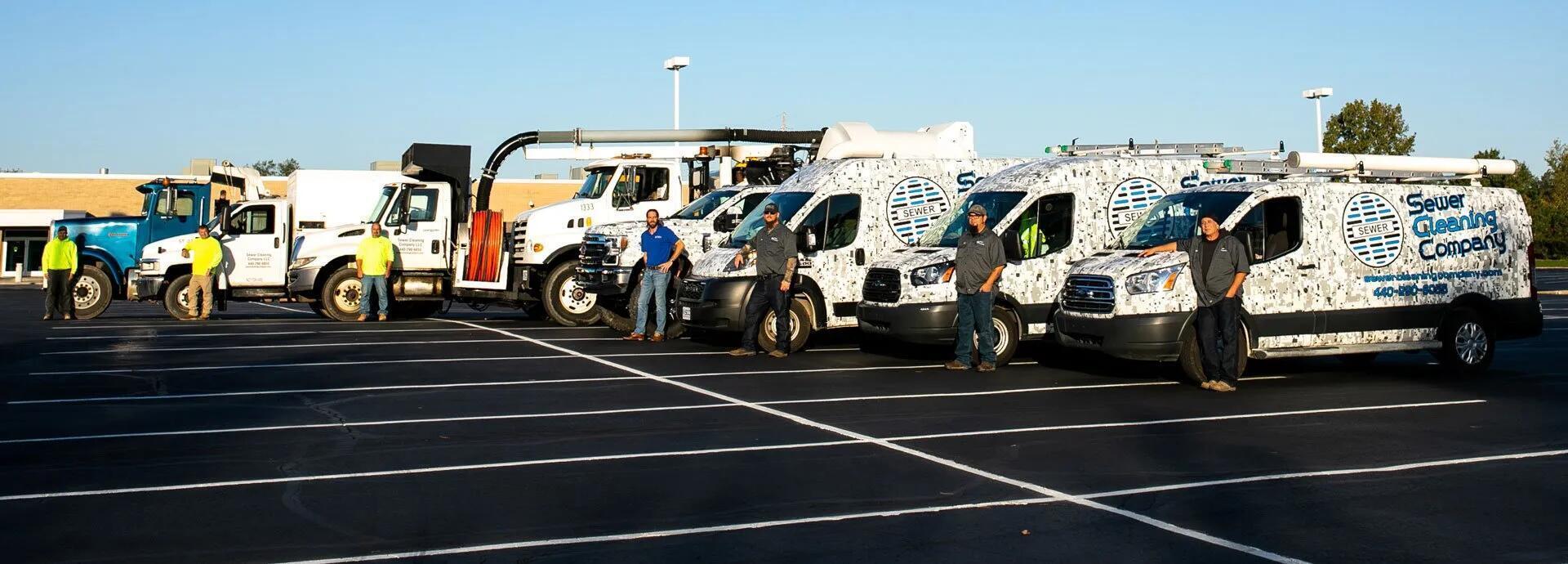
Septic System Installation
ARE YOU CHOOSING A SEPTIC SYSTEM FOR A NEW BUILD?
Depending on your home or building size, and the demand that will be placed on your new system, there is a specific septic system that is best for your property and budget. As one of the first things we do with every customer, we will walk you through the selection and installation process and help you feel supremely confident in the septic system you choose. During our selection discussion, we will talk about:
- The type of pump you need. The type of pump you need is based on soil samples from your property and what type of system the soil can handle.
- The type and size of tank you need. Tank design is based on how many bathrooms and bedrooms exist in your home. Understanding the daily water usage of your home or business will help determine the size of the tank you need.
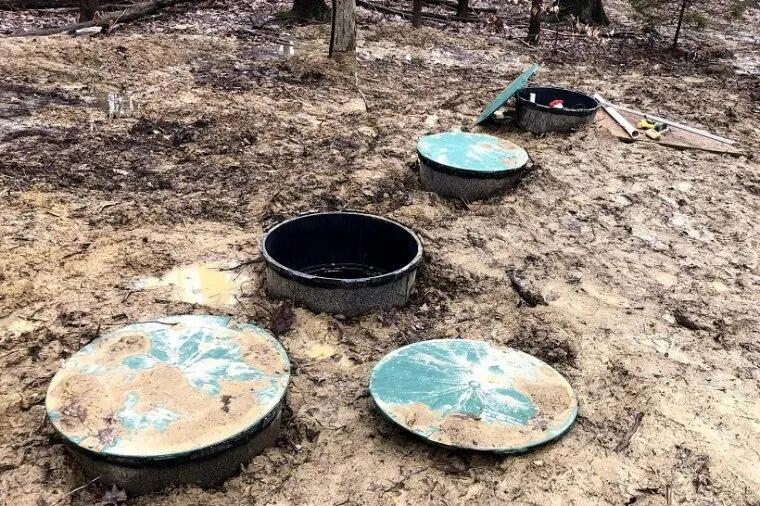
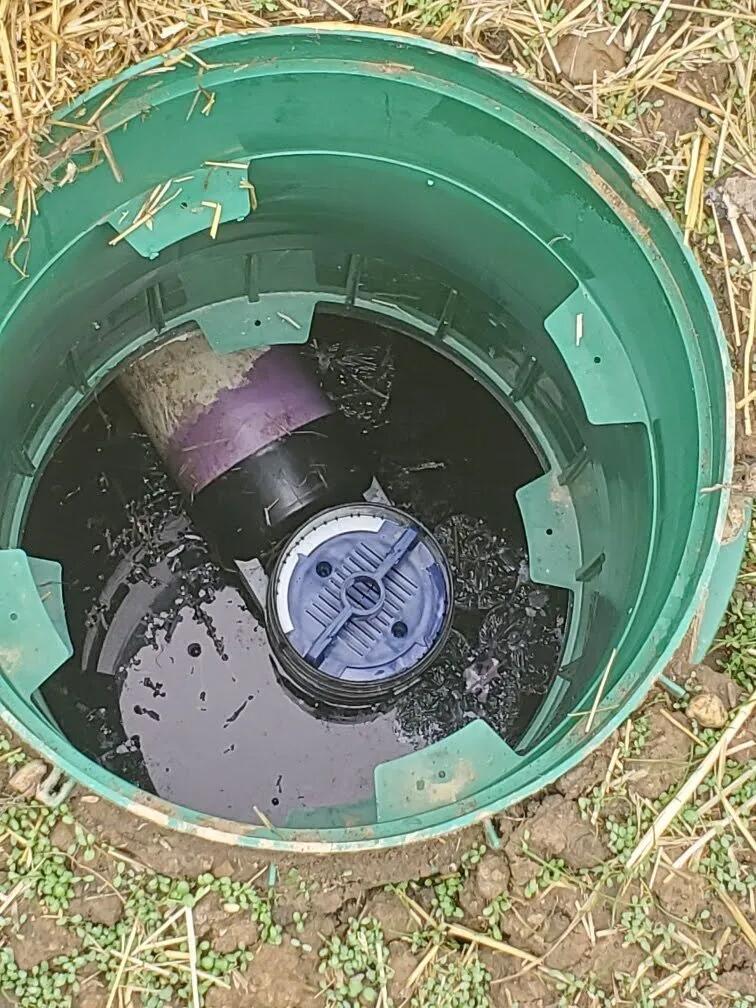
ARE YOU BUYING OR SELLING A HOME WITH A FAILED SEPTIC SYSTEM?
Before buying or selling a home with a septic system, a septic inspection is essential – often times required – before closing on the house.
If the septic system fails a health inspection test – necessitating the system be replaced because the absorption area is no longer absorbing water from water from the septic filtration system (a big problem) – it’s imperative to quickly turn to the professionals for septic system replacement installation services.
As a team of highly skilled and experienced septic system installers, we can work with any entity – escrow, the bank, a realtor – to assist and navigate the process. To get started, we can come to the property and take a look at the existing septic system in order to provide an accurate estimate for a system replacement.
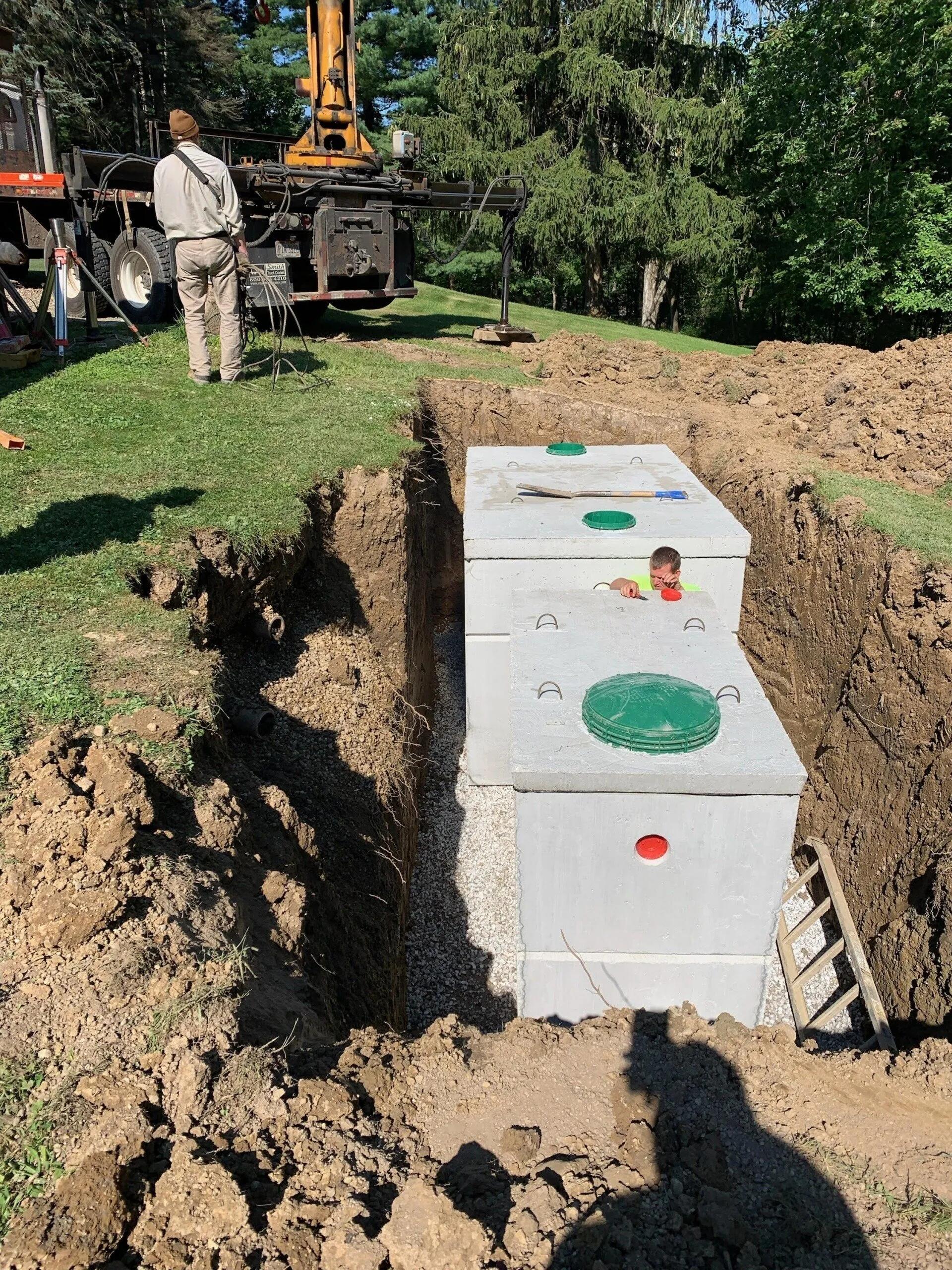
PRO SEPTIC INSTALLERS IN LAKE, GEAUGA & CUYAHOGA COUNTIES
As trusted septic installers serving residential, commercial and industrial audiences in Lake, Geauga and Cuyahoga counties, we make septic installation stress and hassle free by taking care of every step from start to finish. Let us help you select the right system for your needs and get the installation process started today.
Our Process
Meet with the Homeowner
We obtain pertinent information from the homeowner or the builder. Most important is a soil sample test to determine what type of system can be installed.
Design Septic System
The septic engineer will provide a drawing of the system design based on the number of bathrooms, size of lot and soil content.
Provide an Estimate
We provide a firm estimate for septic installation.
Install Septic System
We install the system selected for your property. If we're replacing a failed system, we'll pump out and collapse the existing system.
FREQUENTLY ASKED QUESTIONS
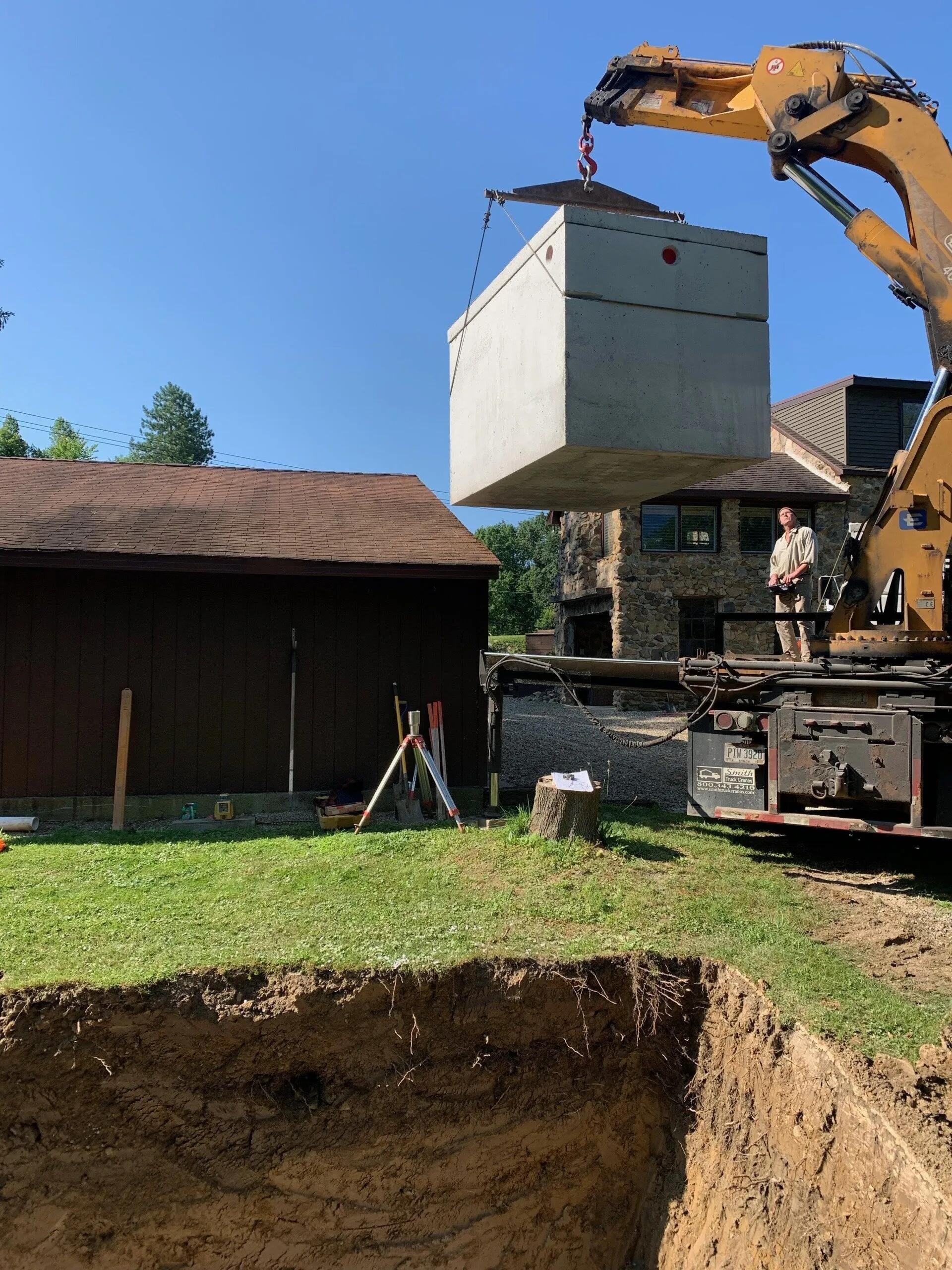
Can a homeowner install a septic system?
No, the state of Ohio does not allow homeowners to install their own septic systems. You must hire a state-licensed septic installer.
How long does it take to install a septic system?
The ground where the septic system will be installed has to be dry and undisturbed. Weather permitting, a septic system can typically be installed in 3-4 days.
What is the average cost for a new septic system?
Each septic system is a snowflake, they’re all different based on the demand of the home and the land that it rests on. Therefore, the price of a new septic system varies significantly.
How often does a septic tank need to be replaced?
The Environmental Protection Agency (EPA) provides great instructions for How to Care for Your Septic System and extend its life. According to the EPA, the average septic system should be inspected and pumped every 3-5 years. If properly inspected and maintained, a septic tank can last 20-40 years.
What should you not do with a septic tank?
Here is a list of several things that should never go into the septic tank (not a complete list):
- Disposable diapers
- Sanitary napkins and tampons
- Baby wipes
- Pop-off toilet wand scrubbers
- Trash
- Hair
- Cigarette butts





